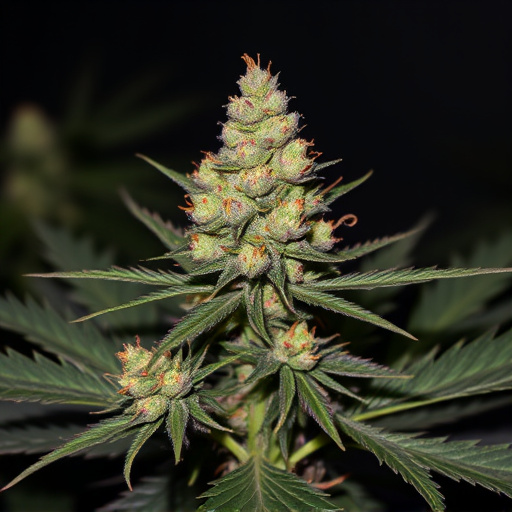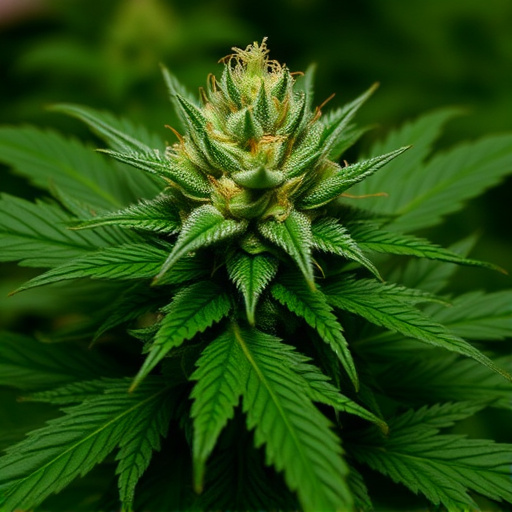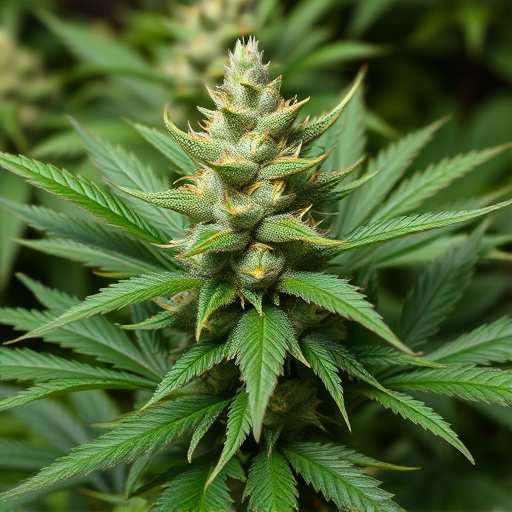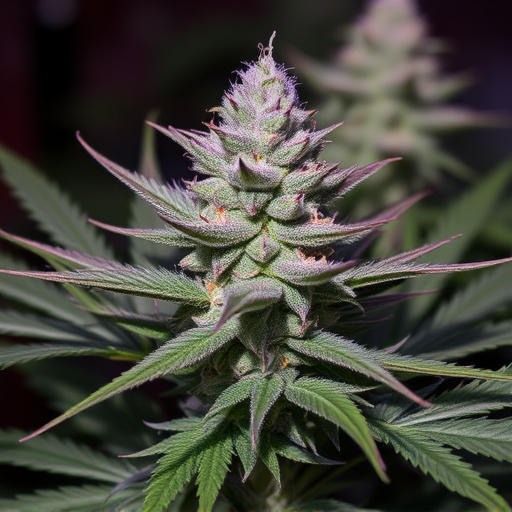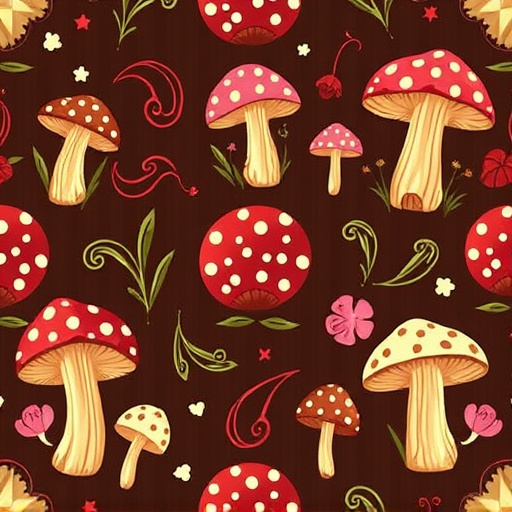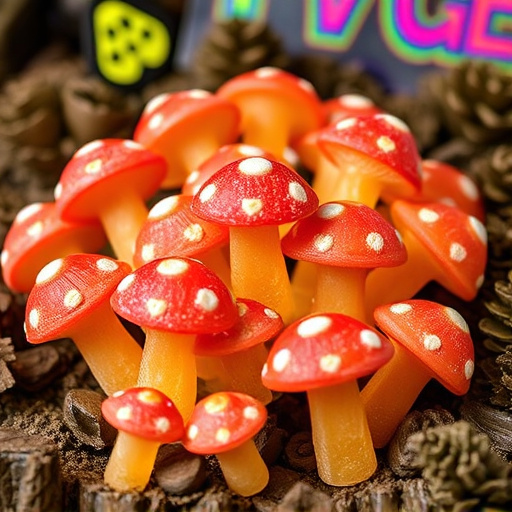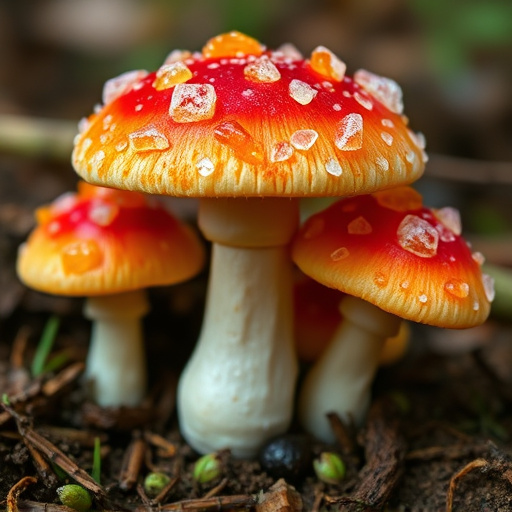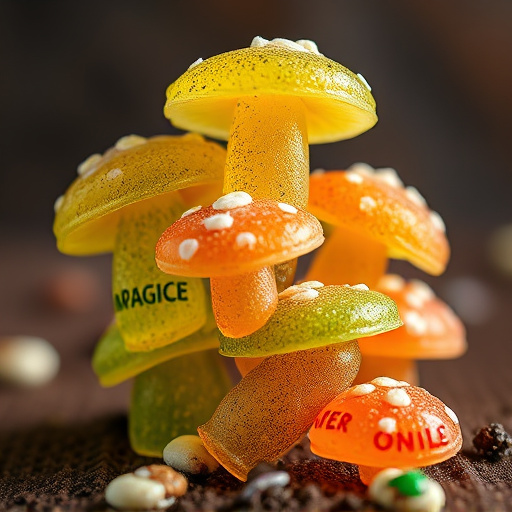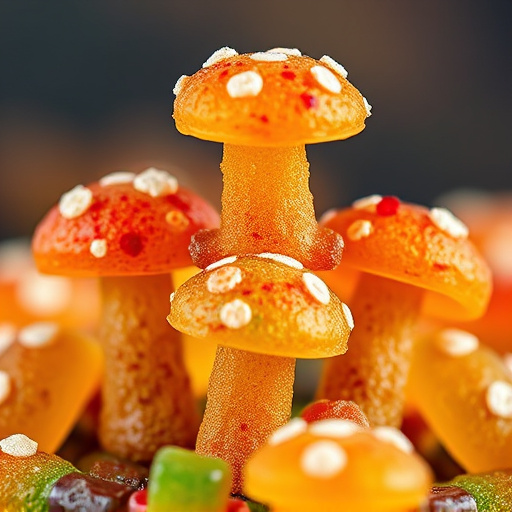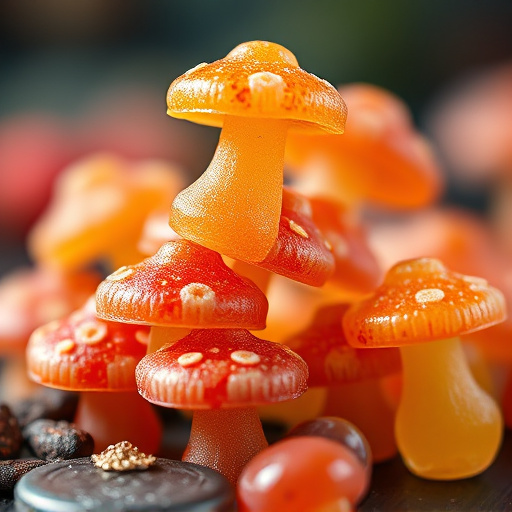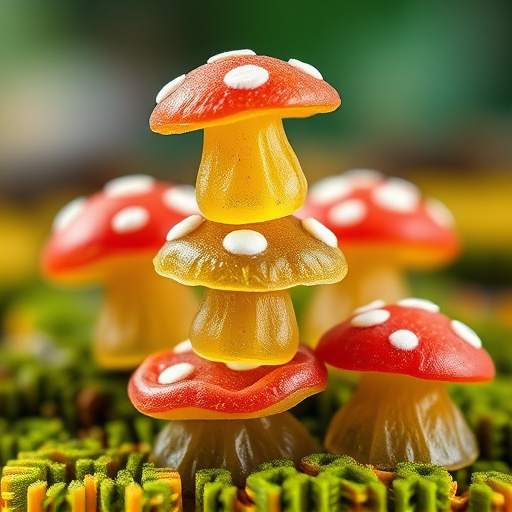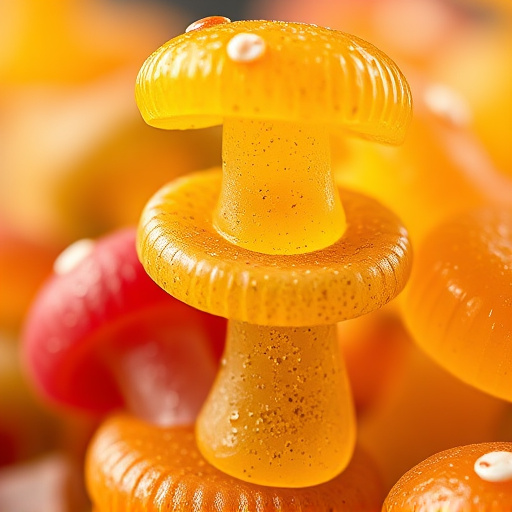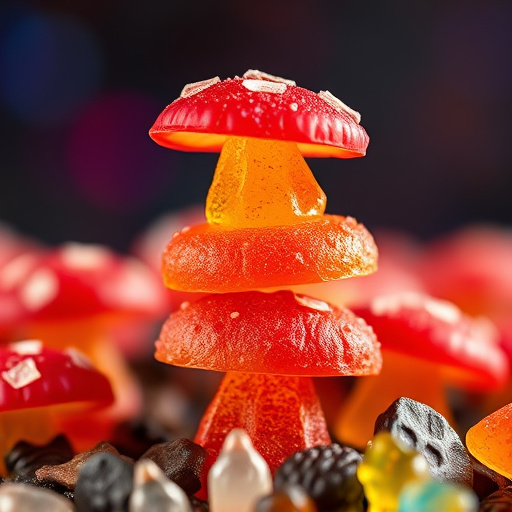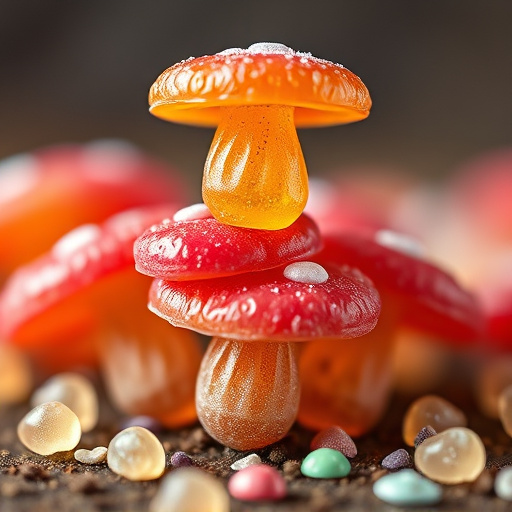The legal status of magic mushroom gummies is evolving globally as attitudes towards psychedelics shift, with some regions allowing prescribed gummies for specific mental health treatments. While variations in regulations exist, even in legal areas like the U.S. and the Netherlands, strict controls are in place to ensure public safety. Understanding these regional differences is crucial for consumers and businesses aiming to offer magic mushroom gummies legally and responsibly as society continues to explore their therapeutic potential.
“Unraveling the captivating world of magic mushroom gummies, this article delves into the intricate legal landscape that varies across diverse regions. From historical roots to modern regulations, understanding the legal status is paramount for consumers seeking safe and legitimate access. We explore where these gummies are legal, offer insights on finding discounts and coupons without compromising safety, and emphasize responsible consumption practices. Discover your rights, responsibilities, and resources as we navigate the ever-evolving domain of magic mushroom edibles.”
- The Legal Landscape of Magic Mushroom Gummies
- – Overview of legal status variations across different regions
- – Historical context and evolution of legal regulations
The Legal Landscape of Magic Mushroom Gummies
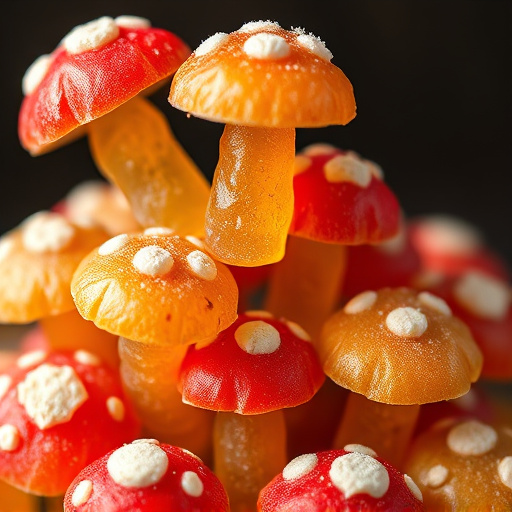
The legal landscape surrounding magic mushroom gummies is a complex and ever-evolving matter. While the use, possession, and sale of psychedelic substances, including psilocybin mushrooms, have long been restricted or illegal in many countries, there’s a growing trend towards decriminalization and medical recognition. This shift has opened doors for the development and distribution of magic mushroom gummies as a legal and therapeutic option.
In recent years, several jurisdictions have made significant changes to their drug policies, recognizing the potential benefits of psilocybin-based treatments for mental health conditions like depression, anxiety, and PTSD. As a result, some magic mushroom gummies are now available through prescription only or as part of clinical trials, offering patients an alternative approach to traditional medicine. However, it’s crucial to understand that the legal status varies widely across different regions, with strict regulations in place to ensure public safety and prevent misuse.
– Overview of legal status variations across different regions
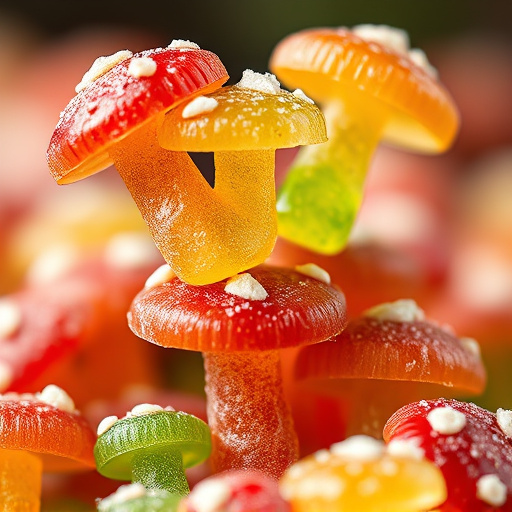
The legal status of magic mushroom gummies varies significantly across different regions, reflecting a complex interplay between cultural attitudes and scientific understanding. In some countries and states, these products are entirely illegal due to their association with psychedelic compounds, such as psilocybin. Others have decriminalized or legalized them for medical or therapeutic purposes, recognizing their potential benefits in treating mental health conditions like depression and anxiety. Even within regions that allow certain forms of mushroom-based edibles, strict regulations exist regarding dosage, labeling, and distribution to ensure consumer safety.
For instance, while some U.S. states have legalized psilocybin mushrooms for medical use, the federal government still classifies them as a Schedule I controlled substance, indicating no accepted medical use and a high potential for abuse. This discrepancy creates challenges for businesses offering magic mushroom gummies, particularly regarding distribution and marketing. In contrast, countries like the Netherlands have taken a more liberal approach, allowing the sale of low-dose psilocybin products in specialized shops, accompanied by educational resources to guide consumers. Understanding these regional variations is crucial for both consumers seeking legitimate access to potential therapeutic options and businesses navigating the legal landscape to offer discounted or coupled magic mushroom gummies.
– Historical context and evolution of legal regulations
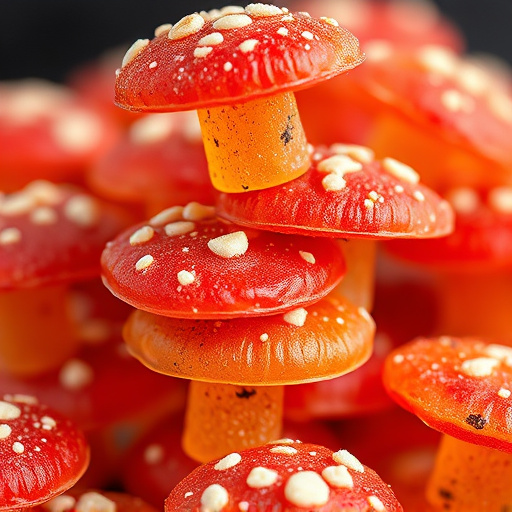
The legal status of magic mushroom gummies has evolved significantly over time, reflecting broader societal shifts in attitudes towards psychedelic substances. Historically, mushrooms containing psilocybin, the active compound responsible for their psychoactive effects, were largely considered illegal in many parts of the world due to their association with counterculture movements and perceived risks associated with their use. However, as research began to uncover potential therapeutic benefits, particularly for mental health conditions like depression and anxiety, a growing body of scientific evidence has challenged these stringent regulations.
This changing narrative has led to a gradual softening of stances in certain jurisdictions, with some countries and states legalizing or decriminalizing psychedelic substances for medical and/or recreational use. As a result, the market for magic mushroom gummies—and similar edible products—has emerged, offering consumers safe and controlled access to psilocybin under regulated conditions. Coupled with increasing interest from both healthcare professionals and recreational users, the future looks promising for expanding legal status of these innovative products.
Understanding the legal landscape of magic mushroom gummies is crucial for both consumers and businesses in today’s evolving market. As regulations continue to shift, staying informed about the legal status of magic mushroom gummies across different regions is essential. By navigating these changes, individuals can ensure they remain compliant while enjoying the benefits of this unique product responsibly. Additionally, businesses can leverage discounts and coupons to offer affordable access to consumers interested in exploring this alternative therapy or recreational experience.
